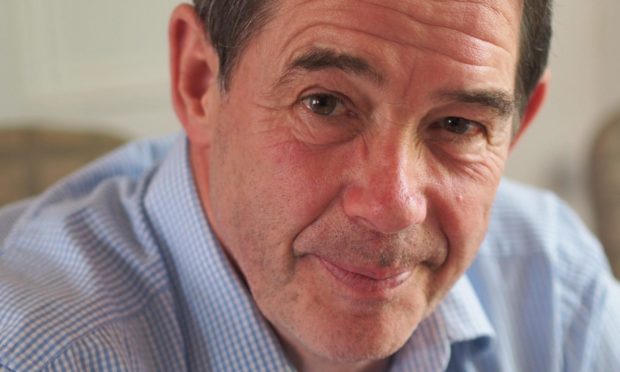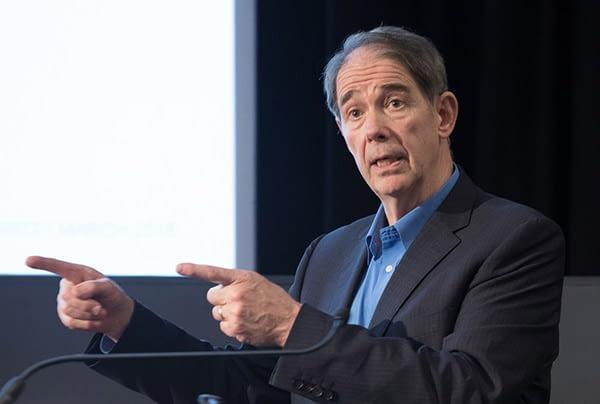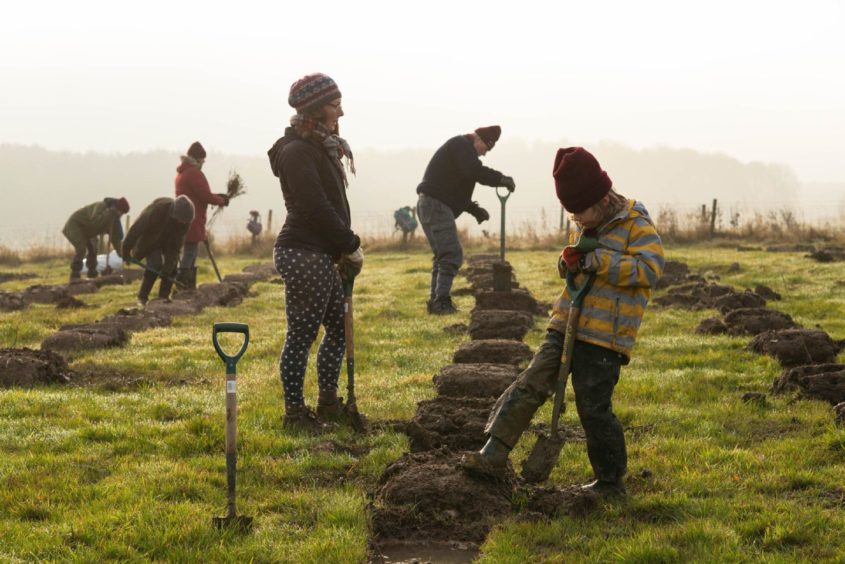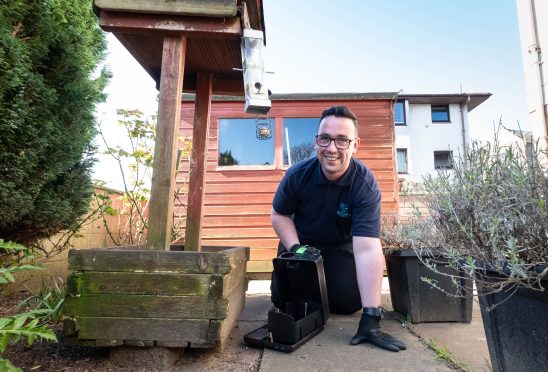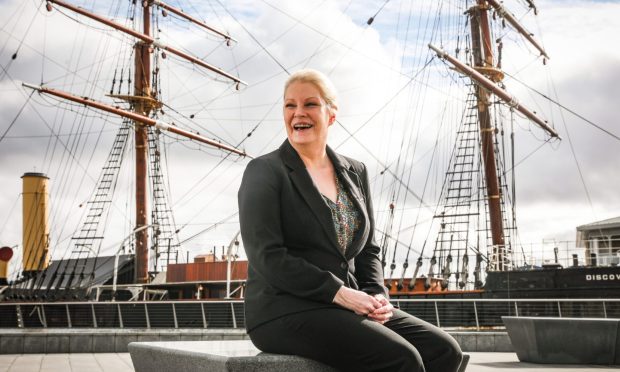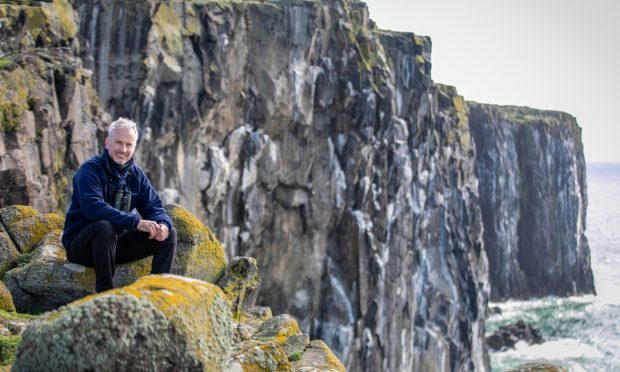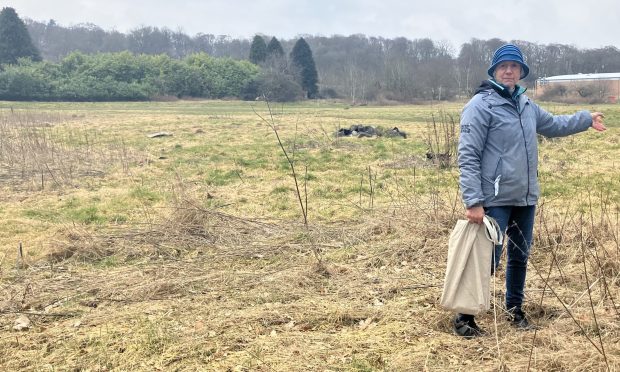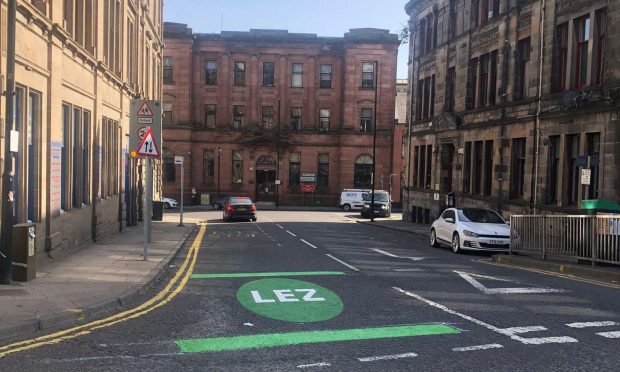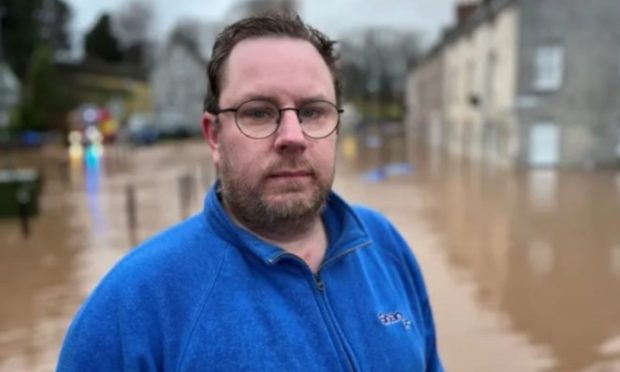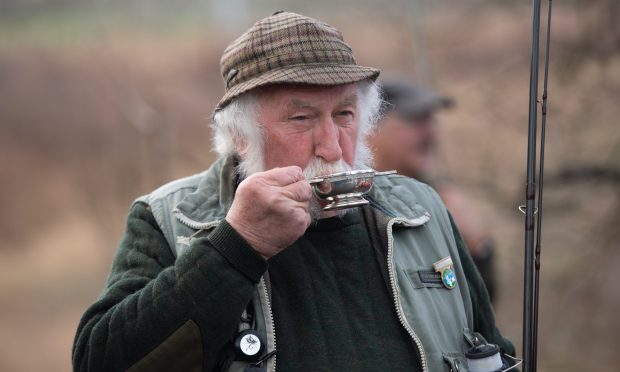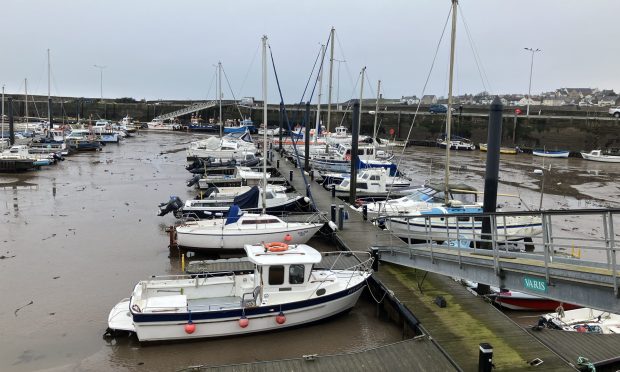Michael Alexander speaks to renowned environmentalist and author Jonathon Porritt who, ahead of an online RSGS talk next week, says a “realistic balance” must be struck in the green debate.
When renowned environmentalist and author, Jonathon Porritt, speaks for the Perth-based Royal Scottish Geographical Society (RSGS) on Monday March 1 at a special virtual event on Zoom, he won’t be the first prominent figure to warn about the perilous state of the planet.
With global issues such as climate change, biodiversity loss and the pandemic looming large in today’s world – as well as geopolitical concerns surrounding the fate of democracy – Jonathon’s presentation will consider whether this moment, early in 2021, is an important ‘inflection point’ for the human race.
He’ll question how our actions and responses today will affect the fate of the planet in years to come, as we set about tackling humankind’s existential threats and work towards a more just, green, caring and sustainable world.
But the talk won’t be framed around “doom and gloom” scenarios.
Jonathon, who was the former director of Friends of the Earth in England and Wales and co-founder of Forum for the Future, will strike a “realistic balance” between the scale of the problems needing solved and why he thinks there is reason to be hopeful for the years ahead.
‘One hell of a balancing act’
“It’s one hell of a balancing act at the moment in terms of trying to keep a sense of real legitimate hopefulness against a backdrop of things that just keep on getting more and more disturbing for the climate and the environment in general,” says Jonathon, 70, in an interview with The Courier from his home in Cheltenham, Gloucestershire.
“But that’s the balancing act I think everyone is wrestling with at the moment.
“Whether this is from a personal point of view, from a professional point of view or from organisations people work with, whether you think it through the lens of young people or old people looking back on their lives, it’s an extraordinary moment.
“And having to do this in the midst of a pandemic – I’m not sure how re-assuring it is when you hear people, including me, saying that the pandemic is a ‘picnic’ in comparison to what we’re going to have to do to manage the climate emergency.
“Of course you can’t say that unless you can give people a sense of real hope that this is an actually do-able challenge that will make a massive difference to the lives of all of us alive today and all future generations. The thing is if we don’t do it, the prospects are really seriously, very grim.”
Lifetime of environmentalism
Born in London in 1950, the son of Arthur Porritt, Baron Porritt, 11th Governor-General of New Zealand and his second wife Kathleen Peck, Sir Jonathon Espie Porritt, CBE, became the 2nd Baronet on the death of his father in 1994.
Educated at Wellesley House School, Broadstairs, Kent; Eton College and Magdalen College, University of Oxford where he earned a first class degree in modern languages, he started training as a barrister but switched to teaching English at a West London comprehensive school from 1974 which he loved. It was around this time he first got involved with environmental issues.
A prominent member of the Ecology Party (now the Green Party of England and Wales) in the 1970s and 80s, he gave up teaching after 10 years to become director of Friends of the Earth where he stayed until 1991, just prior to the Earth Summit in Rio de Janeiro in 1992 – which for him, was a life-changing experience.
In 1996, he co-founded Forum for the Future, which remains his ‘home base’ in terms of all the different things he does today.
Awarded a CBE in January 2000 for services to environmental protection, the married father of two daughters was chairperson of the UK Sustainable Development Commission between 2000 and 2009.
Despite lockdown, he remains as busy as ever and continues promoting his new book, Hope in Hell which was published last June.
After four years of the Trump administration seeing US climate policies rolled back and environmental regulations weakened, he is feeling more optimistic thanks to the Biden-Harris administration’s “fantastically ambitious” $1.9 trillion climate action plan which will be a “game changer” and means the mood is lifting in terms of getting international collaboration between the US, the EU, China and India.
He remains cynical, however, that following the latest online G7 meeting, world leaders “keep saying the right things” about how they are going to “build back better and build back greener”.
Investment questions
Yet since the start of the pandemic, international investment programmes, he says, are still running two thirds of their investments in “old climate trashing carbon intensive extractive industries” and just one third in more sustainable industries and jobs of the future.
Jonathon also has a “bee in the bonnet” about Microsoft billionaire Bill Gates’ role in solving the environmental crisis.
Following publication of his new book, How to Avoid a Climate Disaster, Mr Gates’ focus is on how technology can help us make that journey.
But while technology will play an important role, Jonathon remains wary of “shiny optimism with lots of people suddenly getting over excited about technology fixes.”
“There’s a lot of good stuff in his book,” says Jonathon, “which is going to give politicians some comfort – that they have to do this and that it’s do-able. That’s good.
“But then of course the book is just a kind of song of praise to new technologies and all sorts of investable opportunities to which Bill Gates has already pumped tons of money into.
“There’s not much about the natural world really and very little understanding about what we’re going to have to do to reinvent land use and farming practices, or to include social justice.
“There’s just too much techno fixing. Sucking carbon out of the air: you put all these billions of tonnes of carbon up into the atmosphere and now we’re going to spend billions and allow investors to make billions to suck all those billions of tonnes of carbon back out again.
“He’s really excited about that. But I’m not excited about that at all because it’s a price that we shouldn’t have to pay for a stable climate.
“My priority is to stop the bloody carbon getting into the atmosphere to start with and then we can start thinking about how we are going to get some of it back out.”
Britain’s role
When it comes to investment programmes, Jonathon concludes that Britain comes out “pretty neutral” between economic decisions that are good for climate versus net negative programmes sticking to the old carbon industry paradigm.
“I don’t want to be too cynical, but we’ve had lots of what have so far just been warm words frankly,” he says, praising government investments in active travel schemes, but challenging the UK government to follow the Scottish Government’s lead on a “pretty solid retrofit scheme” for homes.
Jonathan believes the biggest positive change in mind set will come when people see the economic uplift from addressing the climate emergency in terms of new jobs, skills and ways of improving lives very directly.
Describing fuel poverty in the UK as a “scandal”, the policy change that would make the most immediate practical impact, he says, would be to retro-fit the country’s ailing and energy inefficient housing stock.
With the Committee on Climate Change suggesting this would involve tackling around 20,000 properties a week for the next 10 years, it would create thousands of steady jobs, improve health and wellbeing, improve the environment and reduce expenditure in the NHS by an estimated £8 – £10 billion a year.
Jonathon admits that after more than 45 years of “banging on” about the environment, he feels “quite upbeat” about the way the discourse around the debate is changing.
Today, there’s a growing “sense of urgency” that real change can happen, and this fills him with cautious optimism. But he believes it’s also necessary to put social justice at the heart of that debate.
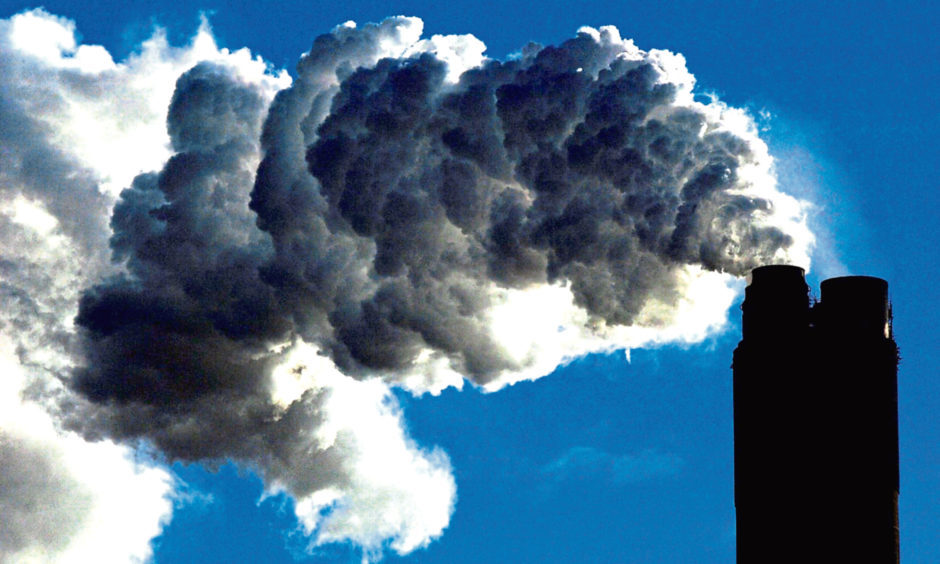
“Politicians are beginning to wake up to the realisation there’s no sense trashing the entire environment to create wealth in the short term,” he says.
“We are starting to see more intelligent approaches to that.
“And for me – and this is a personal thing – more and more people are linking this to the social justice agenda.
“The reason I joined the Green Party back in 1974 wasn’t just because I care about the environment. “Of course I do. That’s my life’s work.
“But I know what has to happen is we have to bring social justice right into the heart of our environmental activism.
“Otherwise people are going to go on saying ‘really does this have anything to do with my life now and the kind of difficulties my children and grandchildren are going to face in future?’”
*Tickets for An Evening with Jonathon Porritt on Monday March 1 are available at rsgs.org/events. The talk begins at 7.30pm and tickets are £5 for RSGS Members, U18s and students, or £8 for visitors.
